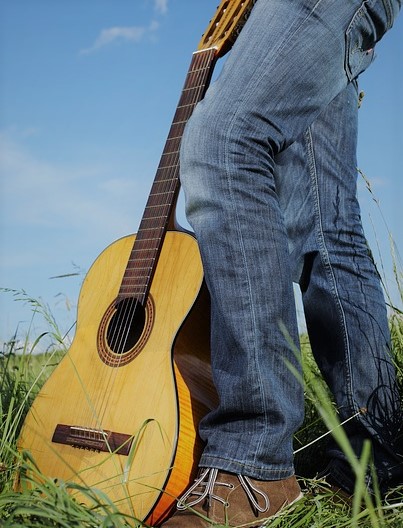Welcome to your “new to you” instrument. We at GuitarZ For KidZ have made every effort to ensure that your instrument is ready to play, and we hope that it will lead you down a wonderful musical journey. This resource page will deal primarily with guitars, but feel free to fire us any questions at guitarzforkidz@gmail.com
There are many lesson sources available online (see below), including paid lessons. While there are good online tutorials, there is nothing that will replace a good teacher and the immediate feedback of face-to-face lessons. Long & McQuade and Day’s Music here in Red Deer both have a lineup of excellent teachers, and there are many, very good independent teachers in and around Red Deer. There are also online teachers such as Active Melody and others who can also provide paid assistance through subscription. We caution however, online lessons do not provide much or immediate feedback nor any accountability, both of which are very necessary in the early learning process.
While many people do not migrate toward Bluegrass music, Bluegrass will give you a very firm foundation in using chords and changing chords and, what a lot of folks seem to struggle with, strumming. A Vancouver, BC artist by name of Sue Malcolm, runs what is called a Slow Jam. She takes some bluegrass classics, which consist of two and three chord songs, and plays them slowly so that you can follow and play along, practicing your strumming, your chords and chord changes, or if you’re a bit more advanced, you can practice your flat picking or arpeggios. For beginners to either it is an excellent resource.

Our local music stores, Long & McQuade and Day’s Music have many instructional books available. The Hal Leonard books seem to be the most popular. They now have a internet link to jamming tracks and lessons to compliment the books. We also recommend a Bill Edwards publication called Fretboard Logic, which will enlighten you immensely on the patterns of a guitar fretboard.
If you don’t have a tuner, there are many excellent and free phone and tablet apps such as GuitarTuna, Fender Tune, and others available on your phone’s app service. If you work from a desk top, https://tuner-online.com/ is excellent and free. Learn how to use them and you’ll save money on strings. For a head stock mounted tuner there are many available, although the D’Addario and Snark clip on tuners seem to the most prevalent today.
We recommend that you do not slog at your guitar for hours at a time. Unless that is your mindset you will grow bored very quickly. When you are learning something, take small bites. Repeat what you want to learn a minimum of three times, spending not more than about fifteen minutes at a time on that subject, then walk away. But come back to it at least three times a day. With the three-time repetition, executed three times a day, you will find that each time you come back, you will remember more, including muscle memory. It is a time proven method.
And while practicing the easy stuff is good, gives you satisfaction and helps you to progress, the more difficult chords such as F and B really need extra work. I don’t think there’s a guitar player alive that didn’t loathe the F and the B. But anyone who is a professional, whether it be a musician, sport star or whatever you like, will tell you that practicing the difficult stuff is what makes the difference between good and really good.

There are a couple of software packages that we use frequently. If you’re tired of carrying about books of songs, Linkesoft have developed their Songbook, a “pay once” package that gives you a lifetime license. And their prices are extremely reasonable. It is simple and very easy to use and you can carry around reams of songs and not even need the internet to access them.
Another venue for “play along” is Chordify which you can use on a limited basis in their free version, or have more and better results with their paid subscription.
If you are new to playing guitar, or even if you have some experience, we really encourage you to get out and play with other musicians. Most are free with their assistance and jamming with others will greatly enhance your own targets and playing. Open mic’s, community jam sessions such as the Monday night crew at Sunnybrook Farm are good places to start.